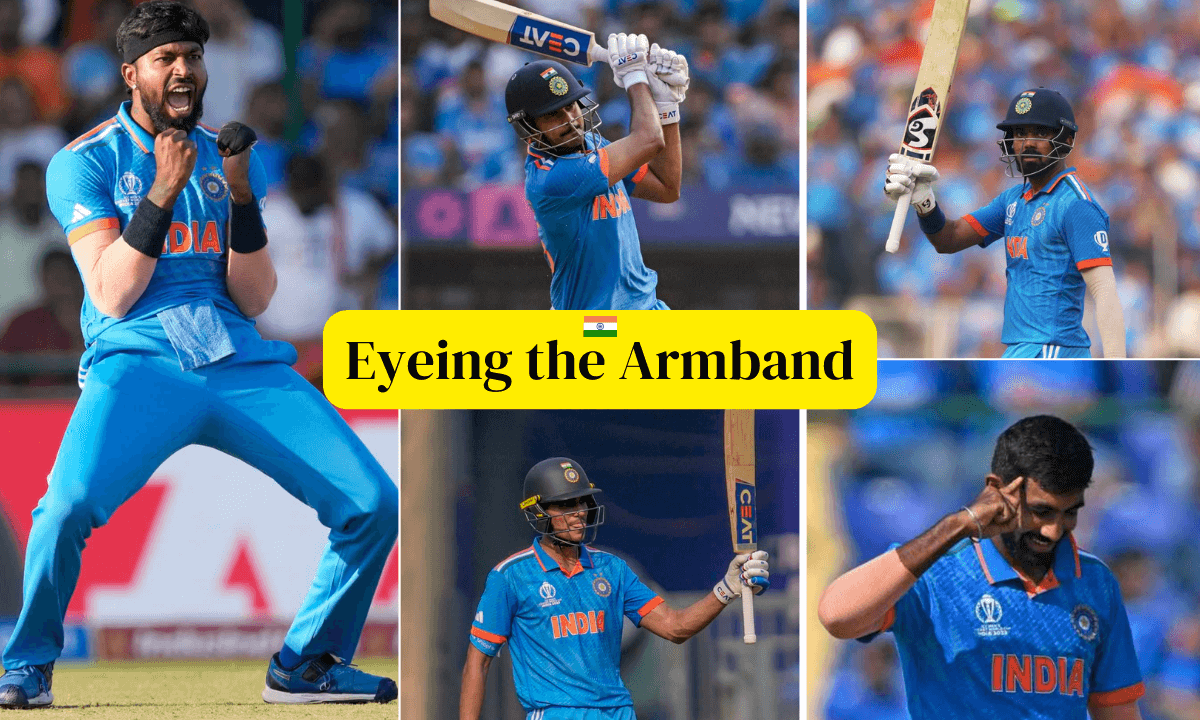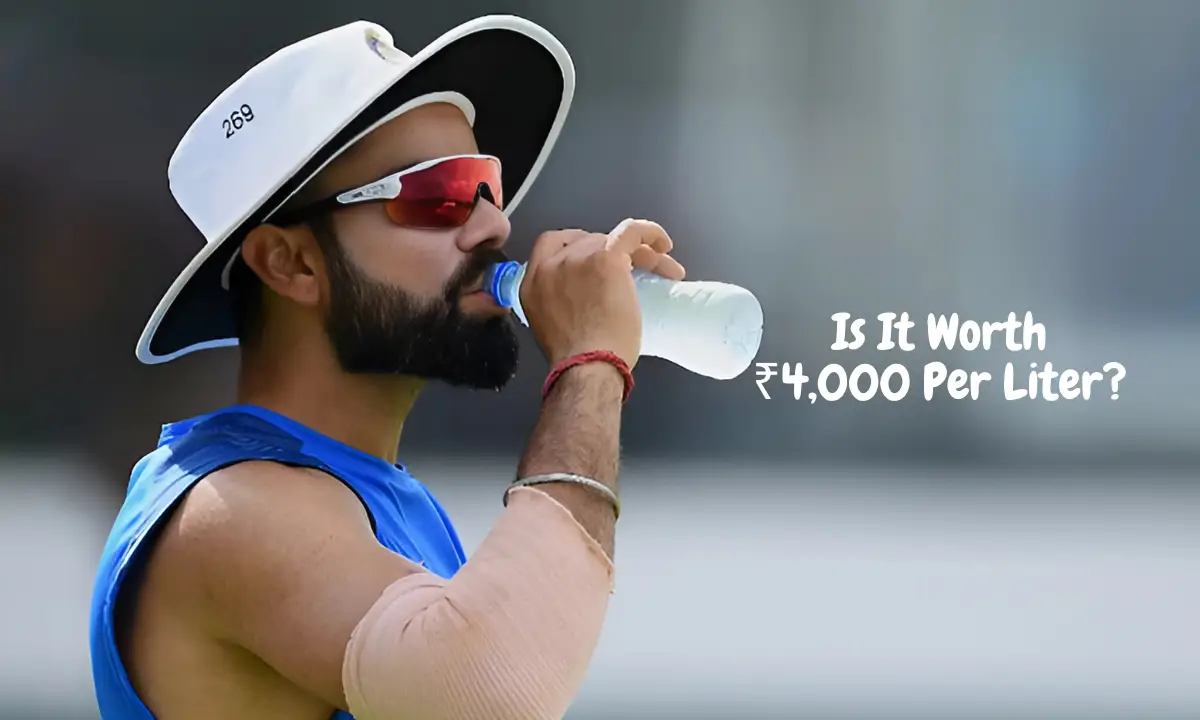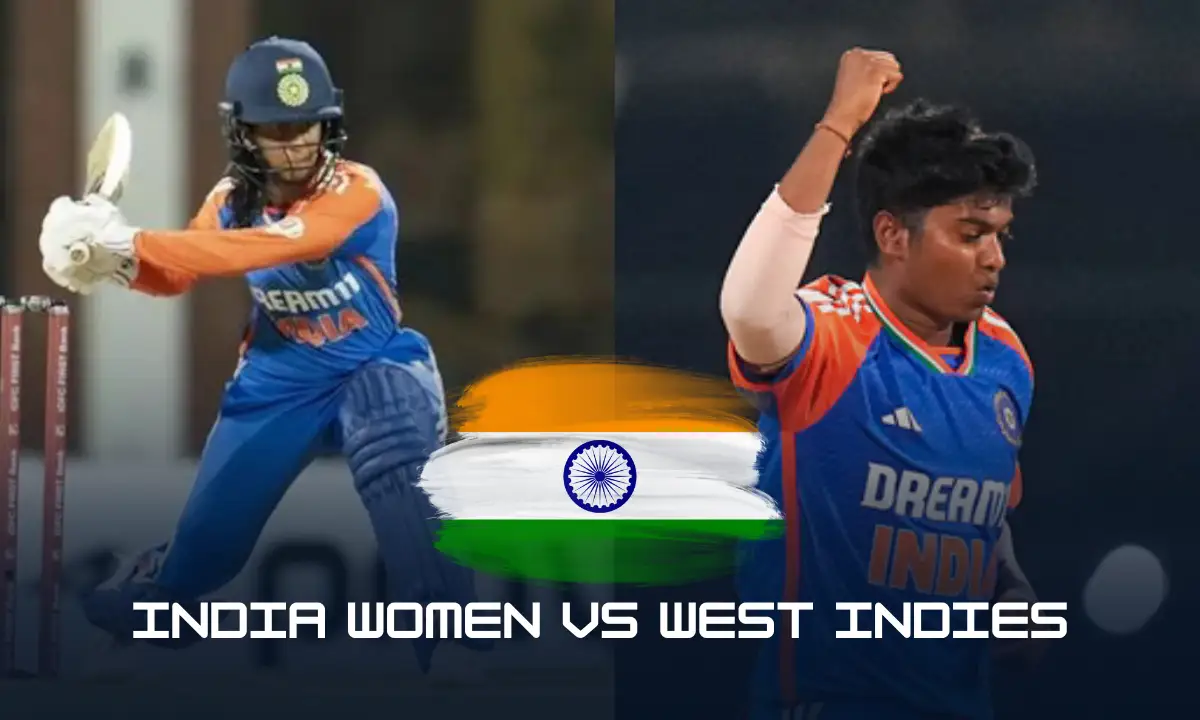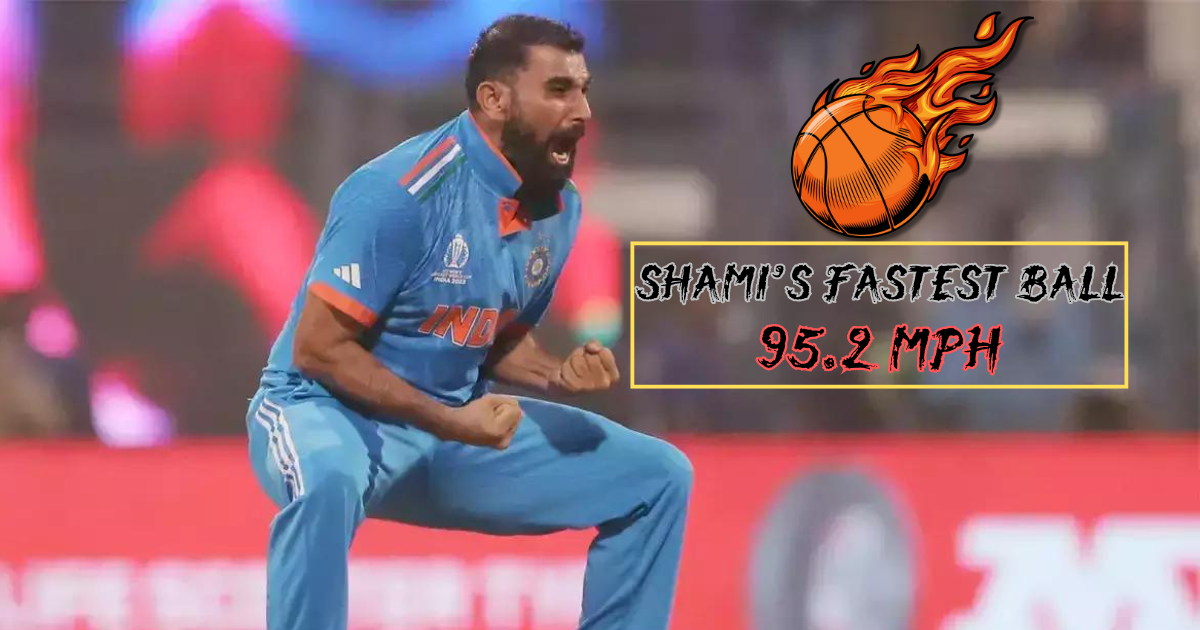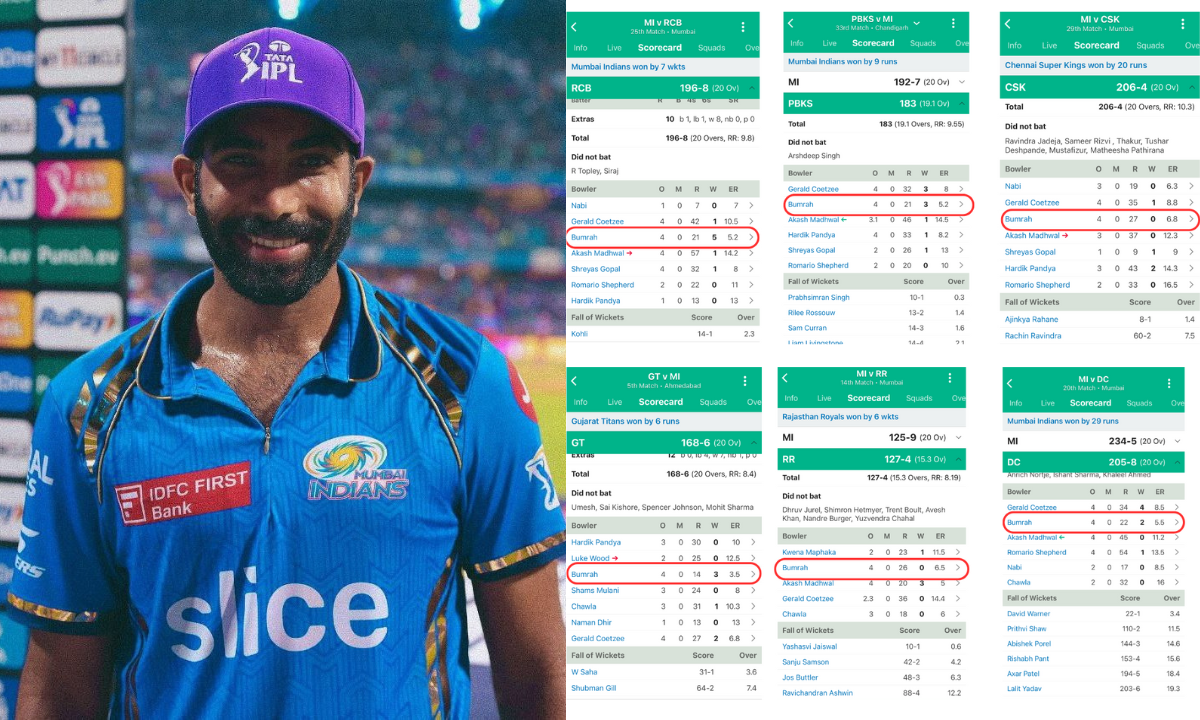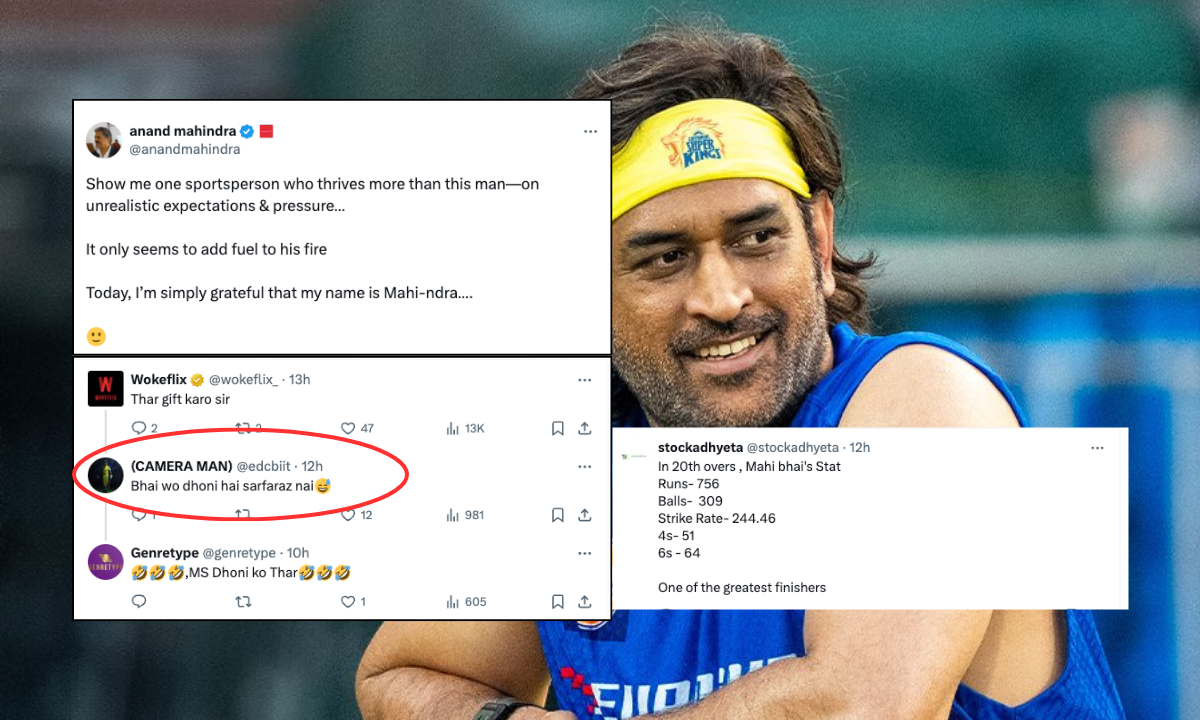The aftermath of India’s poignant loss in the 2023 ODI World Cup final against Australia has left a crucial question echoing through cricketing corridors: Who will lead the Indian cricket team in the 2027 edition? Despite Rohit Sharma’s captaincy since 2022, which steered India to triumph in the 2023 Asia Cup, the resounding setback in the World Cup has intensified the hunt for a new captain. As the nation grapples with the void left by stalwarts Rohit Sharma and Virat Kohli, the decision holds paramount importance for India’s resurgence and breaking the elusive ICC trophy drought lingering since 2013.
Here, we delve into the top five contenders for the leadership role in the 2027 ODI World Cup: KL Rahul, Jasprit Bumrah, Hardik Pandya, Shreyas Iyer, and Shubman Gill. Each brings a unique blend of experience, skill, and potential, with the decision poised to shape India’s future and potentially end the ICC trophy drought.
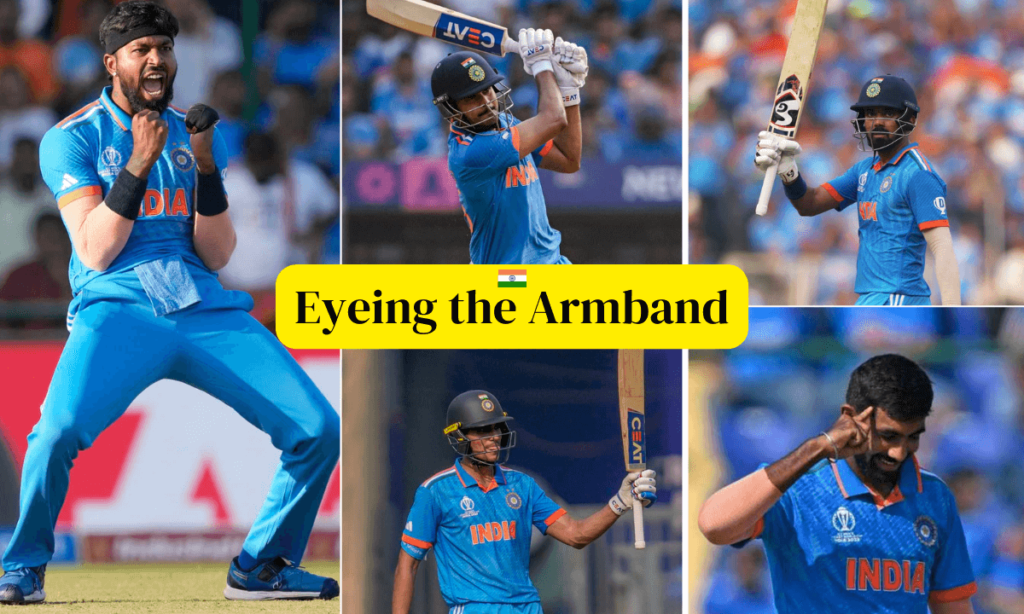
KL Rahul: The T20 Maestro Eyeing ODI Glory
KL Rahul’s emergence as a leader in the shortest format positions him as a strong contender for the ODI captaincy in 2027. At 35, Rahul would bring a mature and strategic approach, having already captained IPL franchises like Punjab and the newly formed Lucknow team. His leadership in the IPL showcased an ability to make astute decisions under pressure. The 2027 ODI World Cup could be the platform for Rahul to extend his leadership success from the T20 format to the 50-over game, guiding India to glory with his experience and technical acumen.
Jasprit Bumrah: The Spearhead Eyeing Captaincy
Jasprit Bumrah’s reputation as India’s pace spearhead makes him an intriguing choice for the captaincy. At 34, he would be at the peak of his powers with the added experience of being the vice-captain of Team India. Bumrah’s ability to lead from the front, coupled with his calm demeanor, could make him an ideal captain in the ODI format. The 2027 World Cup might witness Bumrah wreaking havoc with the ball and marshaling the troops with strategic brilliance, providing a fresh perspective to Indian cricket.
Hardik Pandya: The Dynamic All-Rounder Turned Skipper
Hardik Pandya’s dynamic prowess with both bat and ball has already earned him captaincy experience, having led the Gujarat Titans. At 34, Pandya could bring a blend of aggression and innovation to ODI captaincy. His ability to handle pressure and lead by example makes him a strong candidate. The 2027 World Cup could be the stage where Pandya showcases his leadership skills on the international arena, steering India to success in the 50-over format.
Shreyas Iyer: The Middle Overs Maestro with Captaincy Credentials
Shreyas Iyer’s exceptional performance in the middle overs during the 2023 World Cup showcased his batting prowess and strategic insight. At 33 in 2027, Iyer’s leadership experience, having captained Delhi Capitals in the IPL, adds weight to his captaincy candidacy. The stylish right-hander can adapt to different situations and lead from the front. The 2027 World Cup might witness Shreyas Iyer guiding the Indian team with his calm yet assertive leadership, orchestrating victories in the 50-over format.
Shubman Gill: The Young Turf Waiting to Bloom
Shubman Gill, at 28, represents the youth and vitality that Indian cricket traditionally values in its leadership. A standout performer with the bat, Gill’s potential captaincy candidacy aligns with the tradition of appointing the best player as the skipper. While relatively inexperienced in leading teams, Gill’s age could bring a fresh perspective unburdened by the weight of past failures. The 2027 ODI World Cup might witness the rise of Shubman Gill as a young and dynamic leader steering India into a new era of ODI cricket.
Additional Points:
Rohit Sharma’s Legacy: As Rohit Sharma steps down from the captaincy, his influence on shaping the future leadership cannot be overlooked. The incoming captain will inherit both the challenges and successes of Sharma’s tenure.
Team Unity and Diversity: Consideration must be given to the candidate’s ability to foster team unity and embrace the diversity within the Indian cricket team, ensuring a harmonious and collaborative environment.
In Conclusion:
The decision on India’s next cricket captain is not just about tactical acumen and individual brilliance; it’s about finding a leader who can inspire, adapt, and carry the team forward. As we eagerly anticipate the 2027 ODI World Cup, the chosen captain will not only be tasked with leading the team on the field but also with inspiring a nation of cricket enthusiasts. The next chapter in Indian cricket awaits, and the chosen captain will play a pivotal role in shaping its narrative. Only time will reveal who will carry the captain’s baton forward and lead India to new heights in the world of ODI cricket.

